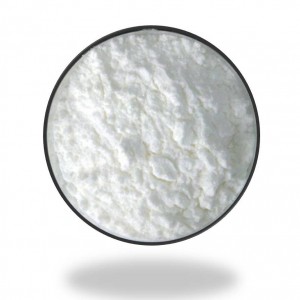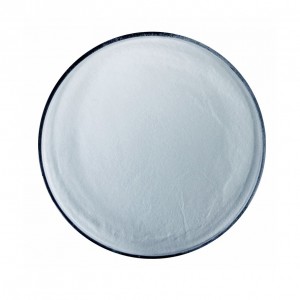Hexarelin
Hexarelin API – Product Overview
Hexarelin is a synthetic growth hormone secretagogue peptide (GHS) and potent GHSR-1a agonist, developed to stimulate endogenous growth hormone (GH) release. It belongs to the ghrelin mimetic family and is composed of six amino acids (a hexapeptide), offering enhanced metabolic stability and stronger GH-releasing effects compared to earlier analogs like GHRP-6.
Hexarelin is widely studied for its applications in endocrinology, muscle wasting, cardiac repair, and anti-aging therapies, due to its ability to naturally elevate GH and insulin-like growth factor 1 (IGF-1) levels without directly introducing external hormones.
Mechanism of Action
Hexarelin binds to the growth hormone secretagogue receptor (GHSR-1a) on the pituitary and hypothalamus, mimicking the action of ghrelin—the body’s natural hunger and GH-releasing hormone.
Key physiological actions:
-
Stimulates pulsatile GH release
-
Increases circulating IGF-1 levels
-
Promotes anabolic effects (muscle growth, recovery)
-
Supports fat metabolism and cell regeneration
-
May exhibit cardioprotective and anti-apoptotic effects
Unlike some other GHS peptides, Hexarelin does not significantly increase cortisol or prolactin, offering a cleaner endocrine profile.
Research and Therapeutic Potential
1. Muscle Growth & Recovery
-
Promotes lean body mass development
-
Enhances muscle repair and regeneration
-
Studied in sarcopenia, cachexia, and post-surgical recovery
2. Cardiovascular Protection
-
Preclinical studies show improved cardiac function after myocardial injury
-
Reduces cardiac fibrosis and enhances left ventricular ejection fraction
-
Potential use in heart failure and cardiac aging models
3. Fat Metabolism & Anti-Aging
-
Increases lipolysis and improves insulin sensitivity
-
Supports anti-aging therapies through GH/IGF-1 axis stimulation
-
May help maintain bone density and joint health
API Features (Gentolex Group)
-
Purity ≥ 99%
-
Produced via solid-phase peptide synthesis (SPPS)
-
GMP-like standards, low endotoxin and solvent residues
-
Flexible supply: R&D to commercial scale









